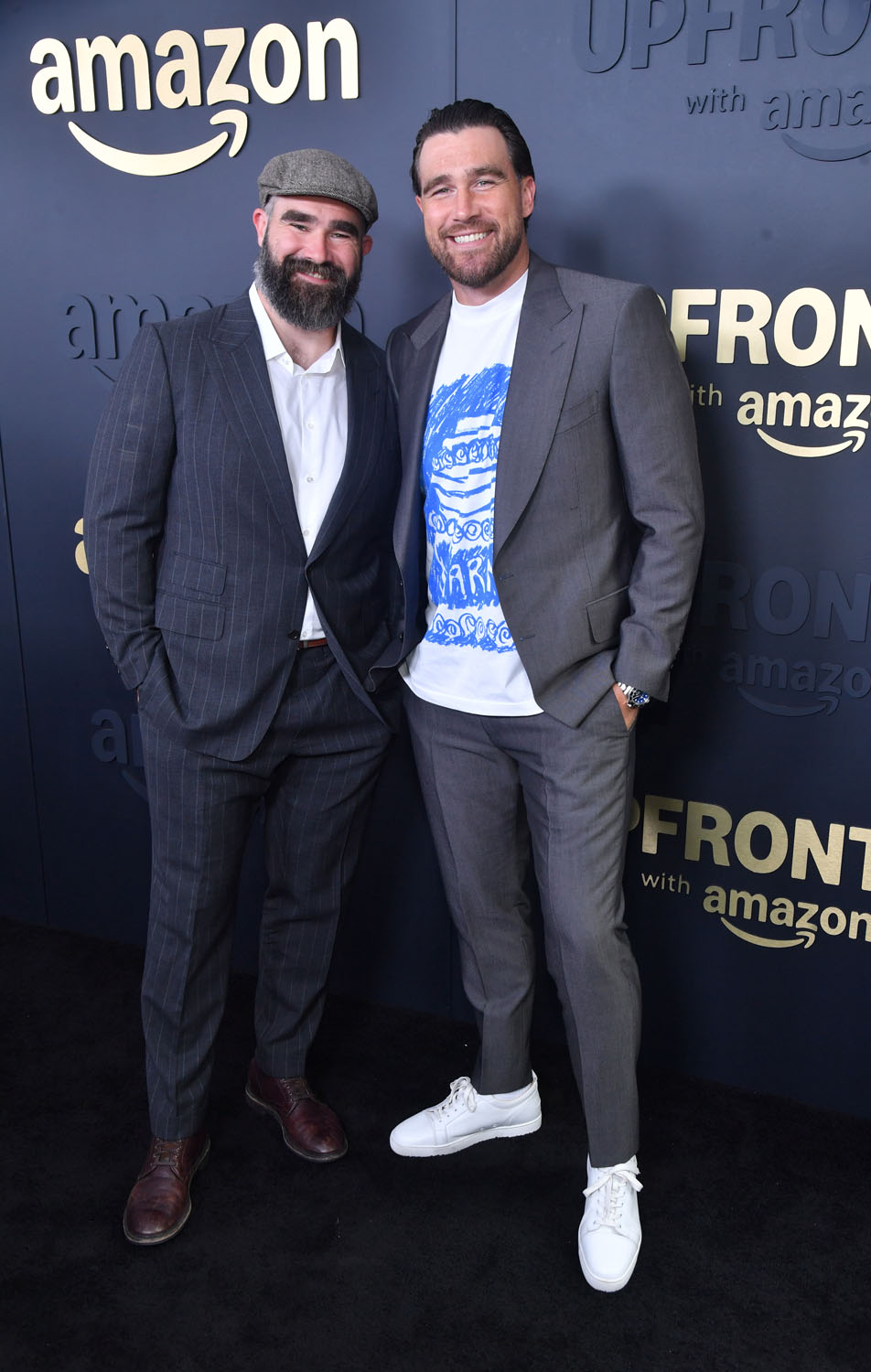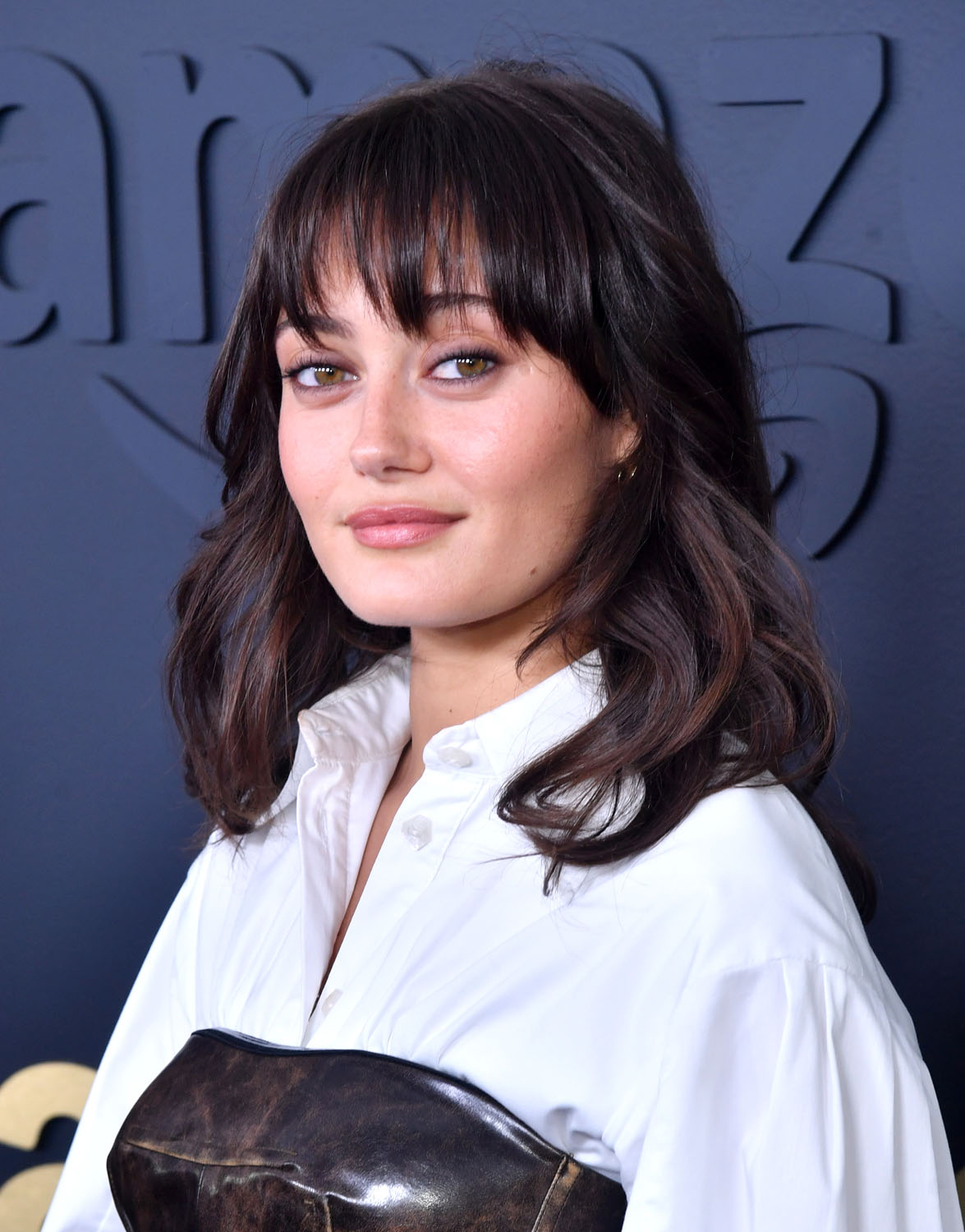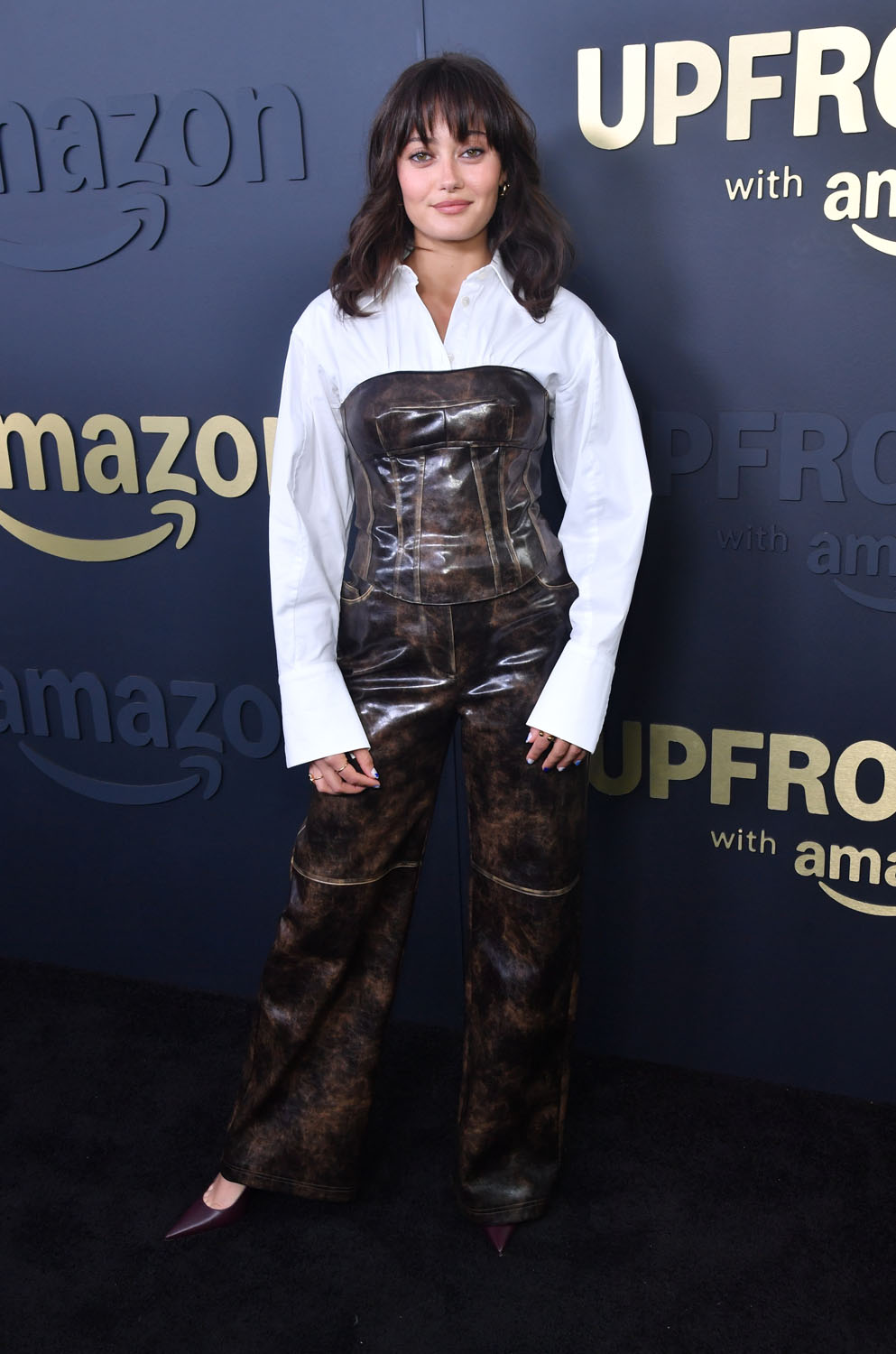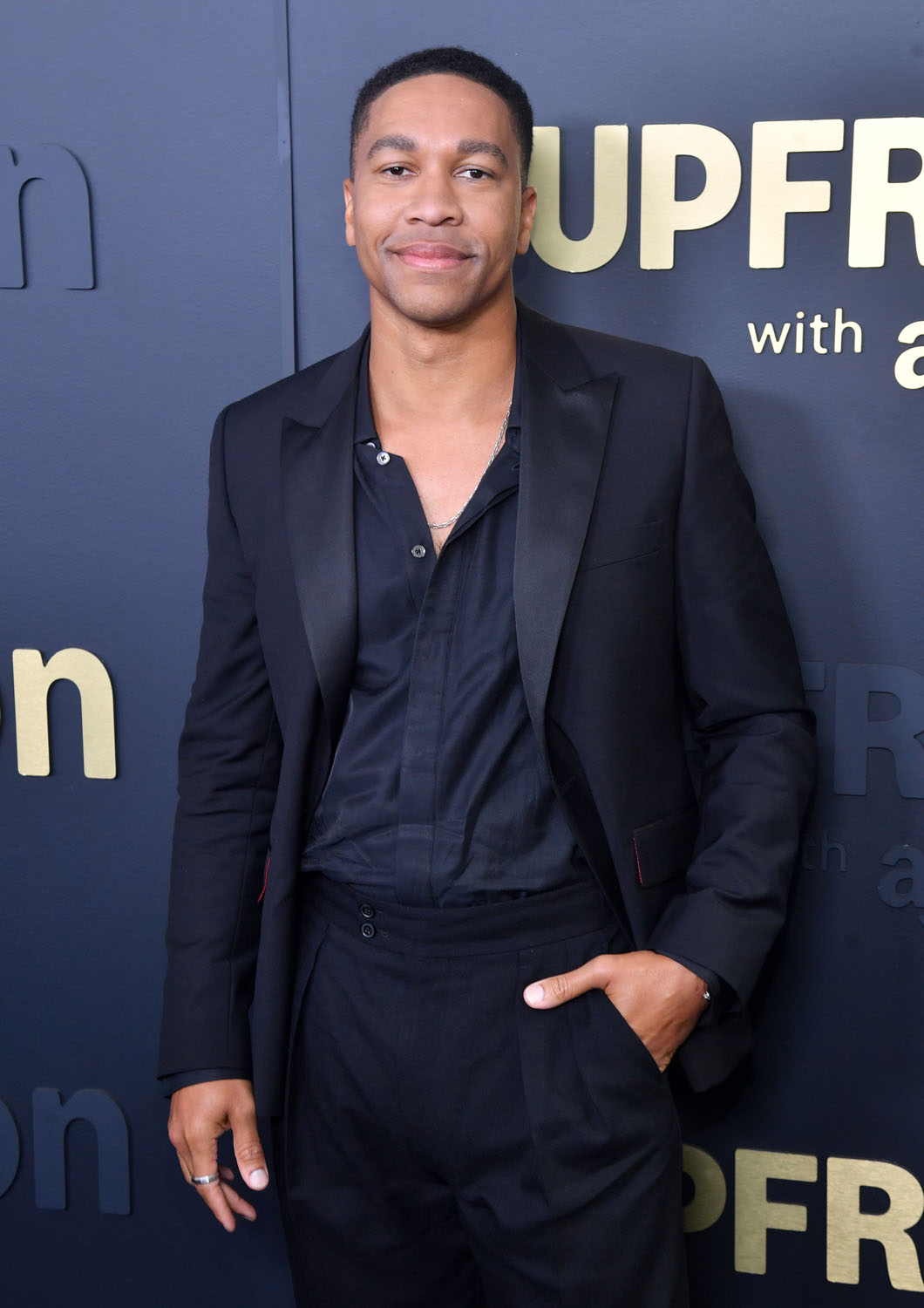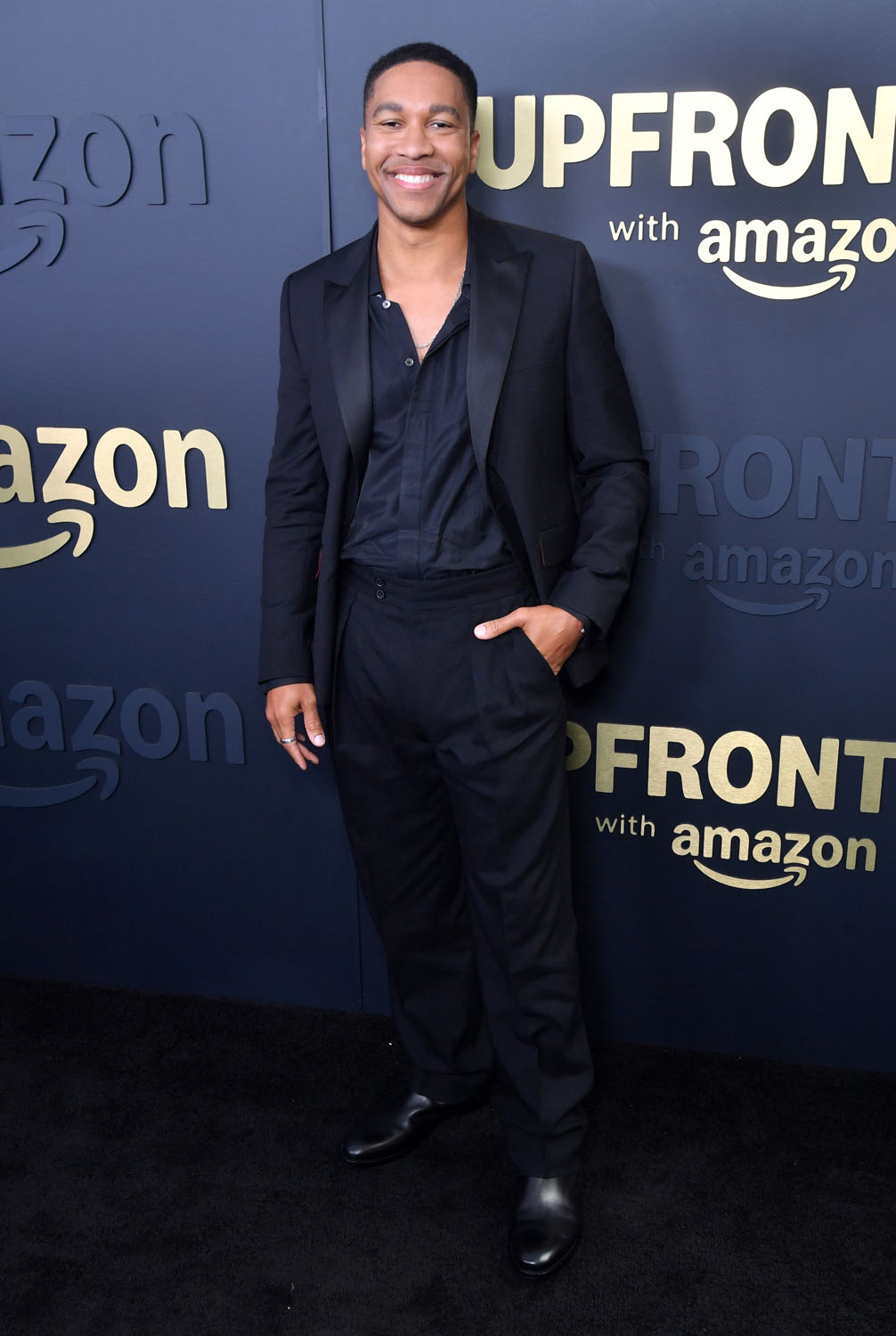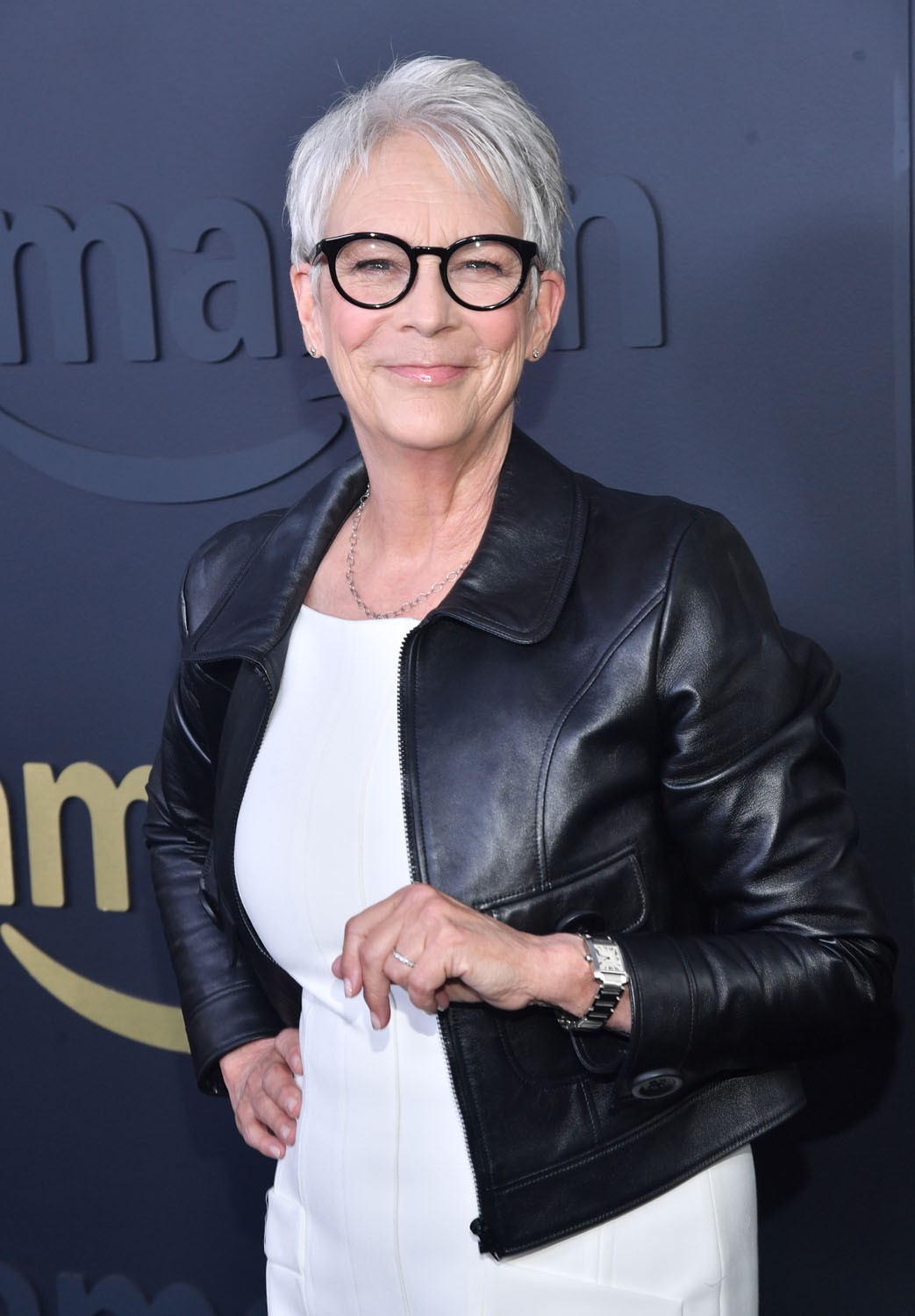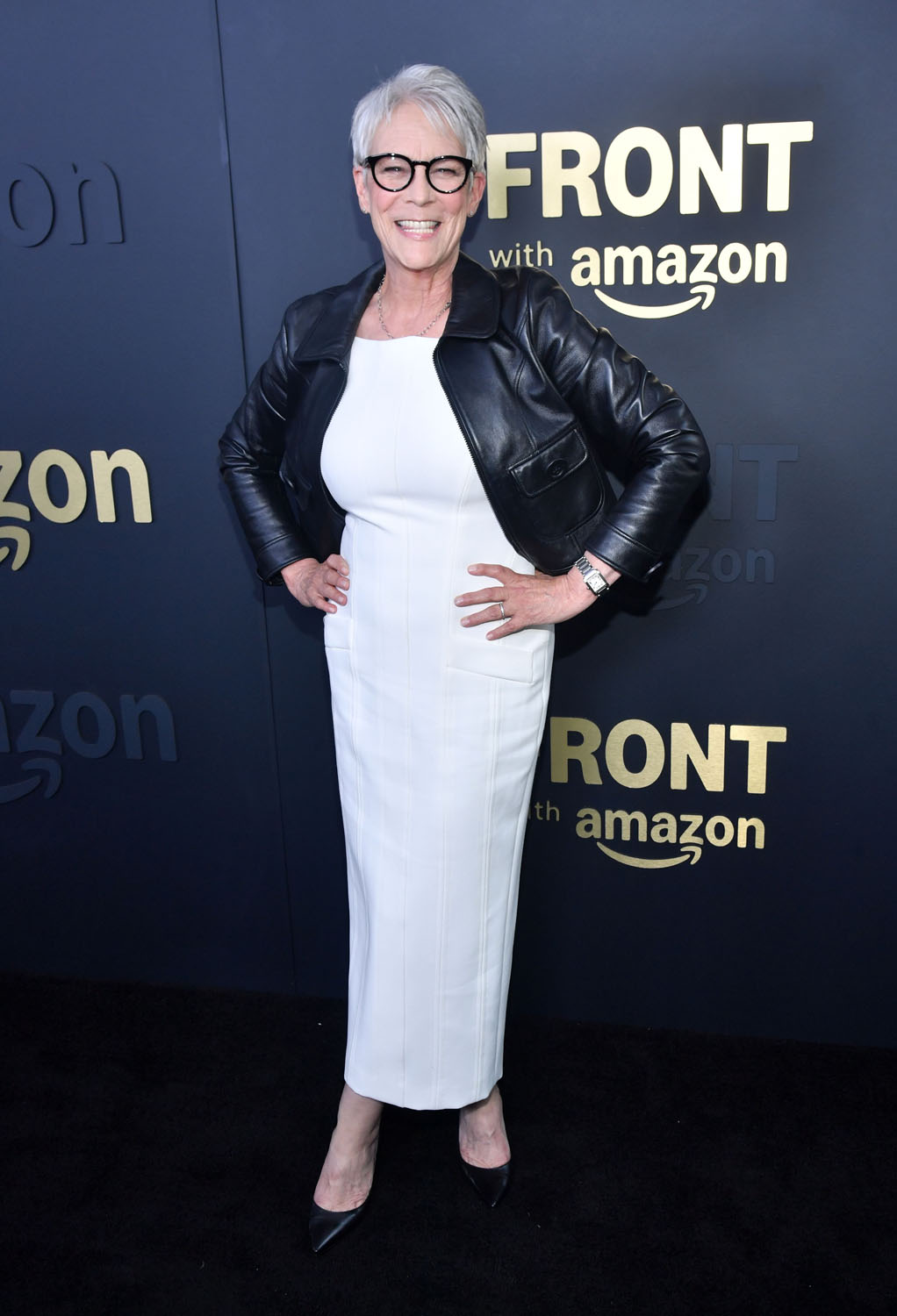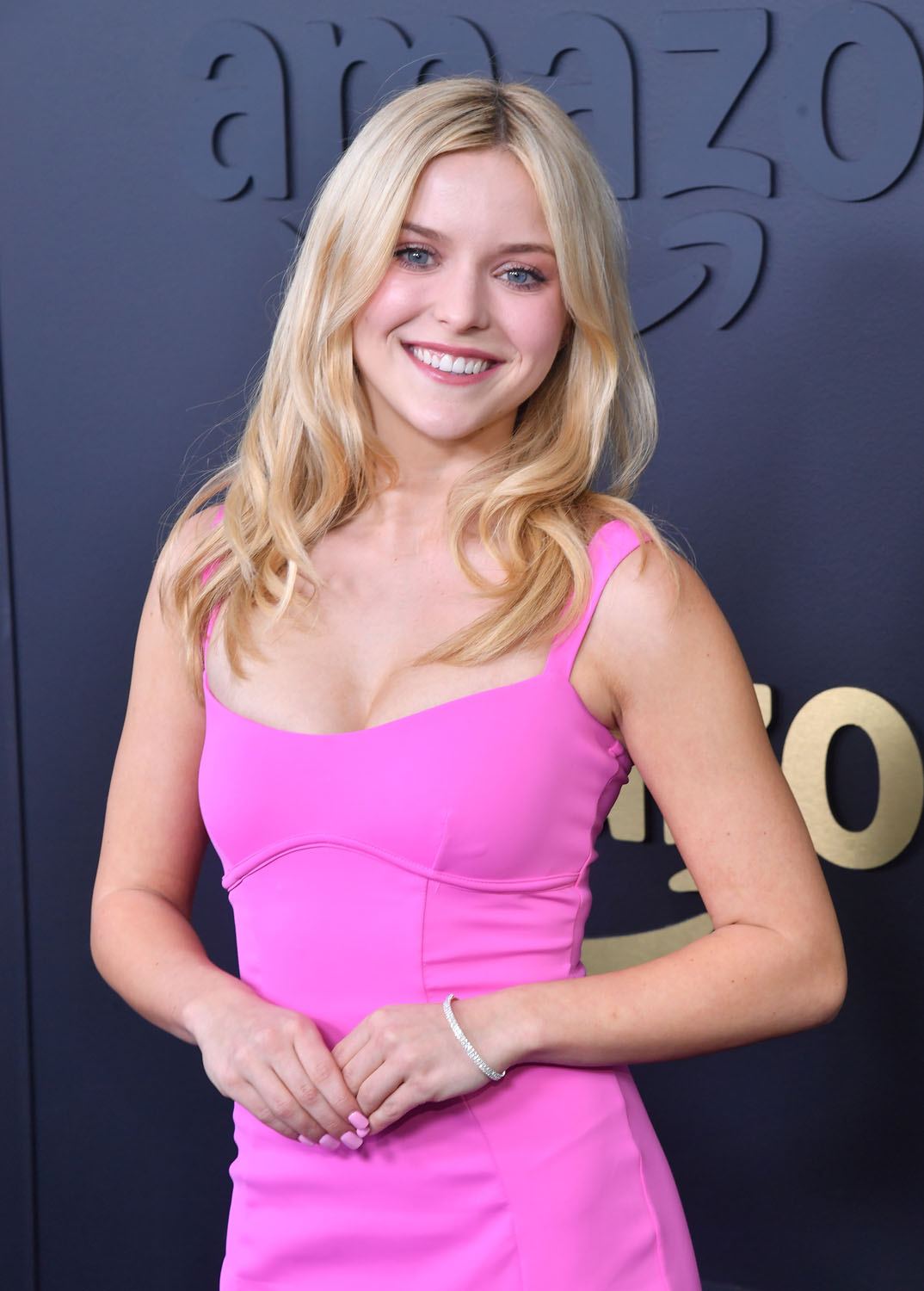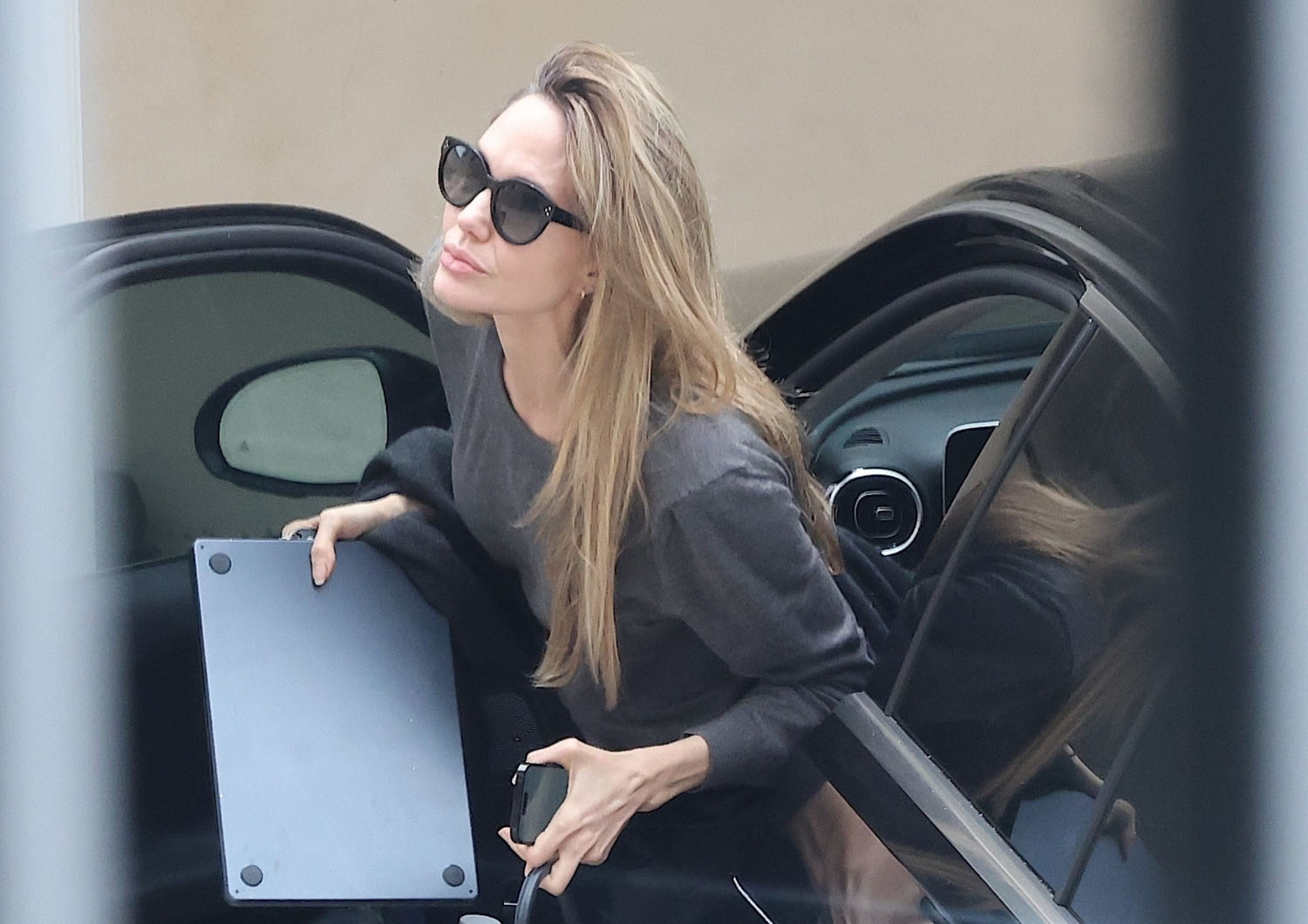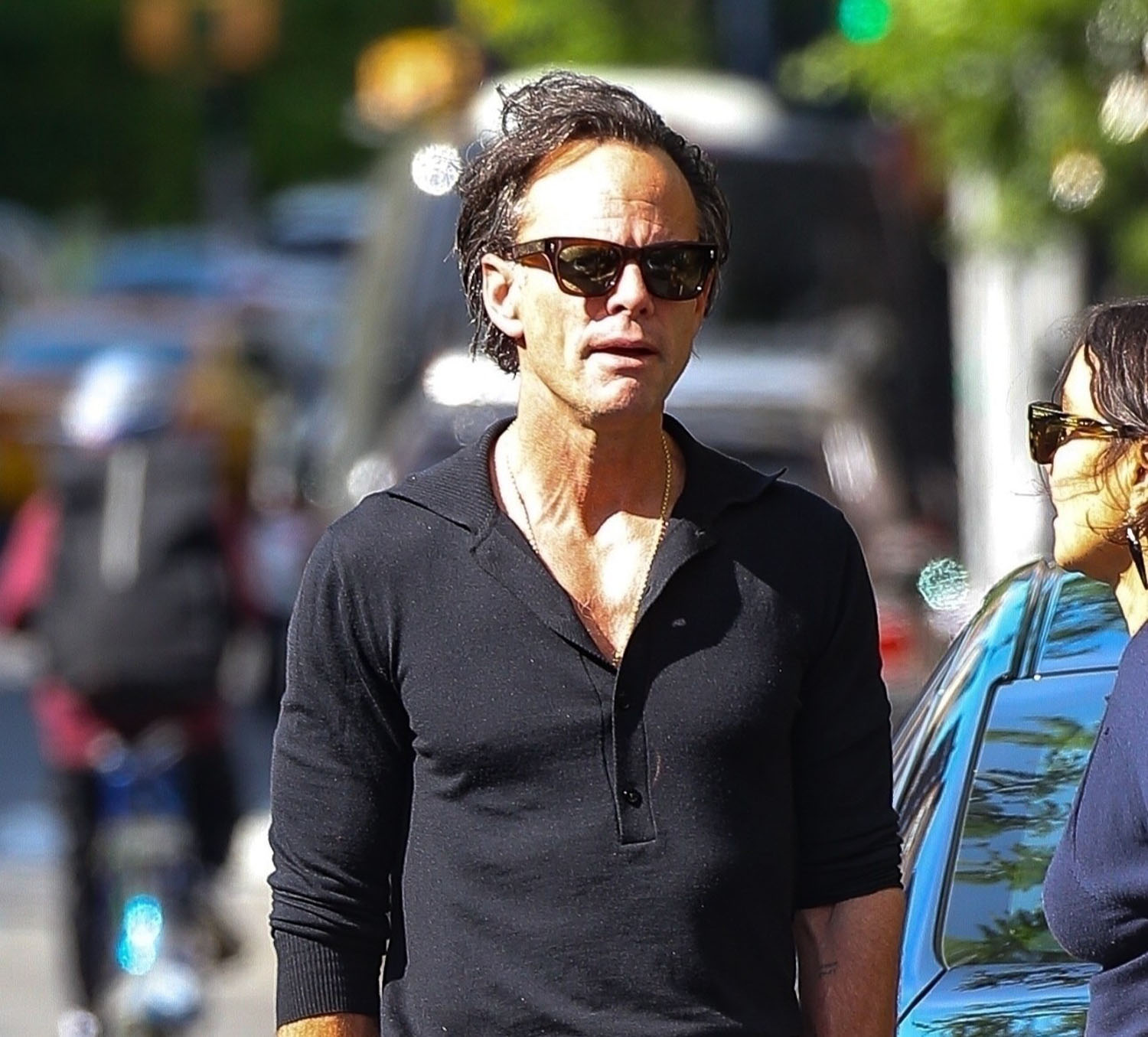Intro for May 13, 2025


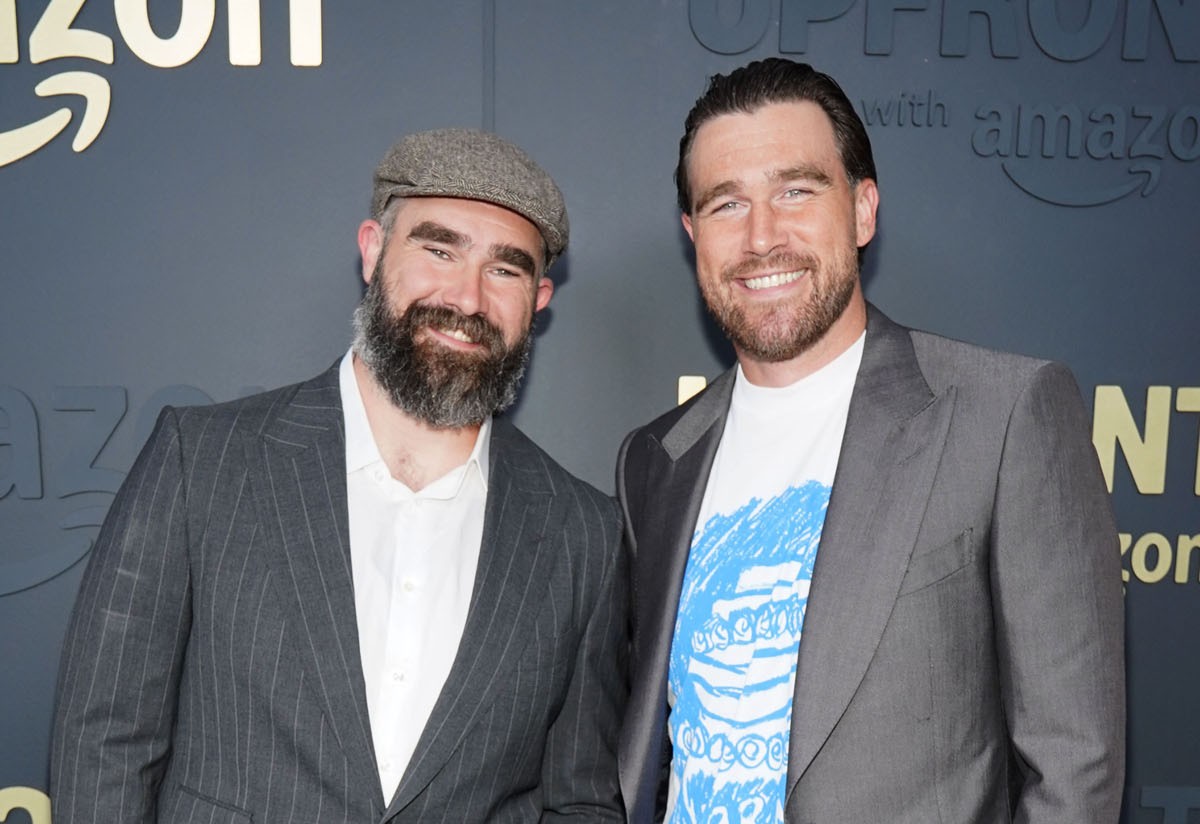
Dear Gossips,
Television upfronts are happening in New York, which is when networks show their wares to advertisers to set ad rates for the upcoming season. For a while there, upfronts seemed to be increasingly irrelevant during the streaming takeover, when subscriptions made ads moot, but now almost every streamer has an ad-supported tier, so we’re back to square one: networks shilling for advertisers.
Yesterday evening it was Amazon MGM on the block, making their sophomore appearance at the upfronts and holding their event in the Beacon Theater (this feels a lot like CinemaCon for TV). They had Fallout stars Ella Purnell, Walton Goggins, and Aaron Moten on hand, as well as Arnold Schwarzenegger and Jamie Lee Curtis for an upcoming True Lies series. Lexi Minetree, star of the Legally Blonde prequel series, was also there, and she is a doll. I’m not all these prequel/sequel series are really a good idea, but Lexi Minetree is adorable. Let’s hope Elle Woods works out for her like she did for Reese Witherspoon.
Also on hand were Jason and Travis Kelce, hyping their podcast, New Heights. Last year, they signed a $100 million dollar deal with Wondery, the podcast studio owned by Amazon. Interestingly, Variety notes that the Kelces got a “big round of applause”. This goes to show the power of podcasting—advertisers are as excited for podcast stars as they are TV stars. And I KNOW the Kelces are also famous athletes, but at this point, there is no point denying they’ve built successful second careers as podcasters, which will outlast their playing days (it already has for Jason).
Over the last decade, podcasting has turned into big business, but podcasts, like every other facet of media, are being squeezed by algorithms, too. At the end of 2024, Tony Hawk noted his podcast, Hawk vs. Wolf, which he co-hosted with Jason Ellis, was going on “indefinite hiatus”, and he specifically cited being “unable to navigate Big Algorithms” as a reason the show failed to grow and thus find sponsors.
Like the Kelces, Tony Hawk is a famous athlete. Even people who don’t know anything about skateboarding know Tony Hawk, in no small part due to his long-running and successful video game franchise. On one hand, you could ask how much more money Tony Hawk needs, but it is usually a sign of something going on with the economy when celebrities start looking for new revenue streams (the contraction of the home video market in the 2000s led directly to the rise of celebrity liquor and wellness brands).
The podcast bubble started to pop in earnest last year, when ad rates hit the skids in that industry just as they have everywhere else. Ultimately, you can point a finger at Big Tech, the algorithms of basically two companies (Google and Facebook) are killing everyone. But there is also an issue of corporate vs. indie in podcasting that echoes the state of the film industry right now, when the indie sector is struggling for survival and the corporate side is consolidating the attention economy on fewer and fewer shows.
New Heights is one of the great podcast success stories—thanks in part to the Taylor Swift halo effect—but seeing the Kelces at the Amazon upfront makes me wonder what the future of the medium is. Permanent corporate co-opting? Podcasting is one of the only creative mediums that is still easily accessible to anyone with an idea, though Tony Hawk proves even being famous isn’t enough to guarantee success anymore. When celebrities struggle is when you know sh-t is getting real for everyone. Is the golden age of podcasting over?
Live long and gossip,
Sarah

